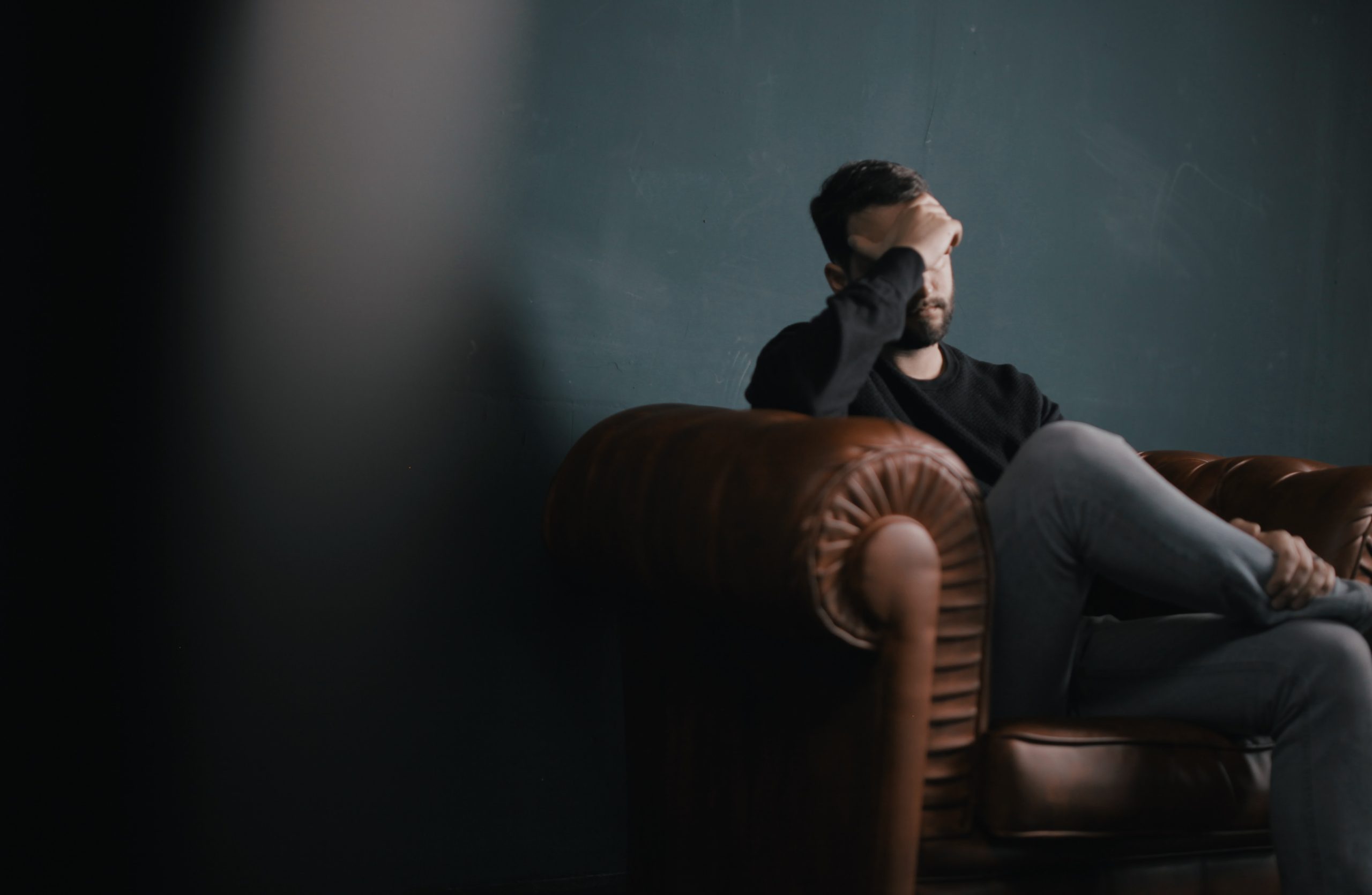5 Warning Signs That You or a Loved One Might Have an Anxiety Disorder
According to the National Alliance on Mental Illness, over 40 million people in the US alone suffer from an anxiety disorder. The figure accounts for almost 20% of the whole US population, among which people can show signs of anxiety disorder development as early as, even before the age of 21. This shows how prevalent anxiety has become among us and can be consuming someone you know at this very moment.
While occasional nervousness and anxiety is normal and expected part of life, feeling anxious all the time is worrisome. Therefore, it comes as responsibility for you to recognize and understand signs of an anxiety disorder, but you might help yourself along the way. Hence, here we share five of the most common signs of a generalized anxiety disorder that might surface, like an early onset of a severe mental illness.
1. Being Easily Irritable
One of the most common signs of an anxiety disorder is irritability. While mood swings are normal and expected, irritability comes on as more of a severe onset of a mood swing – especially if someone isn’t known to be as irritable and carries a generally calm and nice nature about themselves.
Sudden irritability towards everything that becomes a persistent part of their personality is a cry for help. Suffering from anxiety makes it difficult to compromise your control. Hence, any sort of doubt, question, or even a slight counterargument can trigger your patience and make you easily irritable.
2. Having Trouble Sleeping
While you can have a few inconsistent days of not being able to sleep because of excitement for an eventful day or nervousness for a public speaking contest – having trouble sleeping is not a good sign. From difficulty falling asleep to staying asleep, feeling restless throughout the night, and having trouble getting up in the morning are classic signs of anxiety.
If you notice having such experiences yourself or a loved one suffering through, it is always the best course of action to initiate conversation. Talk to a loved one about how you feel to ease your restlessness. Additionally, even meditation or prayer can help before you lie down to sleep as it can calm your mind from its racing state of thought.
3. Constantly Feeling On Edge
Anxiety is a term for constantly feeling on edge for no apparent reason. The feeling can be described as constant worry leading to confusion as your rational mind tries to find a reason and gets frustrated because you couldn’t find one – and the horrendous cycle continues. It consumes people, making them hollow from within, often leading to severe depression.
If you notice someone bouncing their leg anytime they sit, bite their nails in confusion or develop any apparent tic is an obvious sign of anxiety. However, it is always good to talk to them first and ask if they really do recognize the consistent pattern as anxiety or not. Adult therapy can be greatly helpful in such a scenario to help identify the sign.
4. Difficulty Concentrating
Mind going blank, having difficulty concentrating, or maintaining your focus on one thing for a long, consistent period of time can be identified as an early sign of anxiety. Whether the anxiety is conditional due to a troubling event or situation you’re going through, or the onset is sudden and for no apparent reason – reassessing your thoughts should help.
Always track down your thoughts, talk to yourself in the mirror in a reassuring way or note down things to help you focus. Saying things aloud also helps your brain focus on what is being said instead of wandering off or losing attentiveness. If you notice someone diminishing among people, especially if they weren’t like this before, talk to them about it.
5. Feeling Tired All the Time
Feeling fatigued all the time is extremely common with an anxiety disorder. It also causes severe behavioral changes in people, and feeling restless and irritable can be connected to it. Moreover, while you can’t get a decent night’s sleep, the tiredness never goes away and becomes a horrible cycle of events for someone suffering through it.
It might not be easy to identify as it is a cause and reaction to other signs of anxiety, but it can be the final straw in knowing that someone needs your help. Therefore, checking up on yourself, your friends, and your family is necessary. Ask them if they feel alright, if you can help in any way or if they would like to talk to a professional about it via counseling.
In Conclusion,
As you may have noticed, signs of a generalized anxiety disorder may seem mundane but usual – nothing too exaggerated that should worry anyone. However, paying attention to someone going through these can help them recover from a mental illness before it becomes difficult to cure.
Looking for a therapist in Boca Raton, Lake Worth, West Palm Beach, Palm Beach Gardens, or Royal Palm Beach? You’ve come to the right place. Our psychologists and counselors at The Banyan Group are here for one reason: to help you improve your mental health.
Contact us today to get started on your road to recovery!




